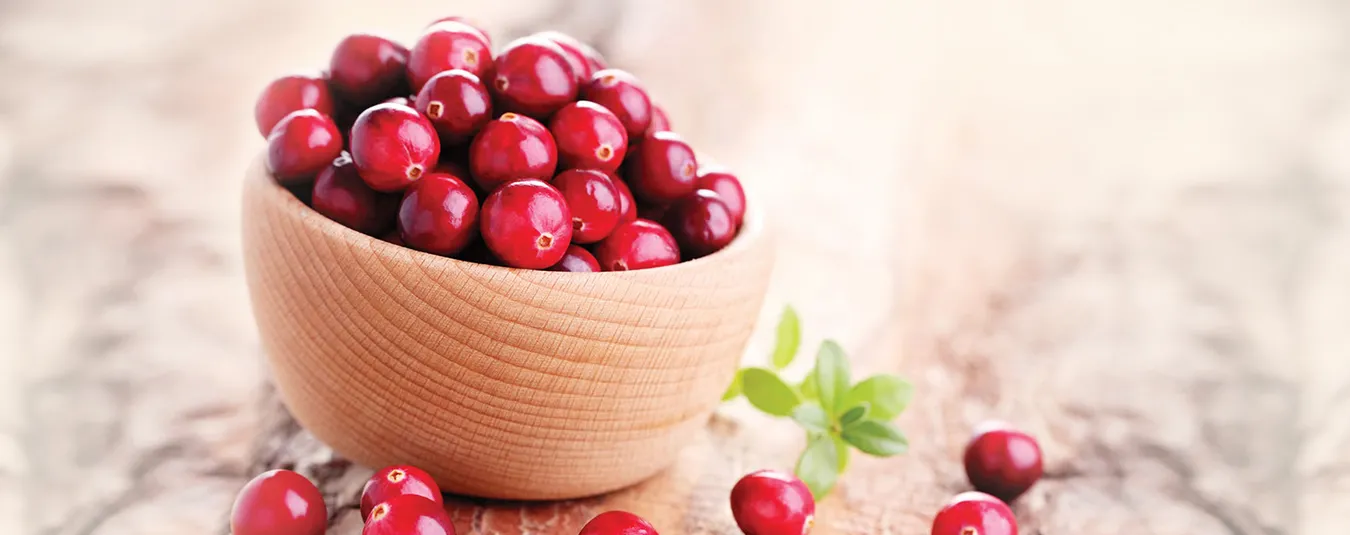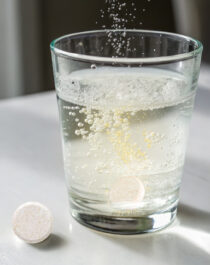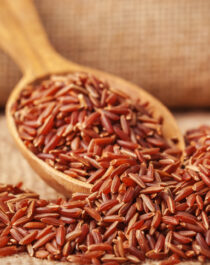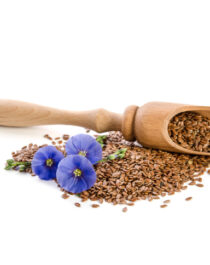A urinary tract infection (UTI) occurs when bacteria enter any part of your urinary system, including the kidneys, bladder, ureters, or urethra. UTIs are among the most common bacterial infections, and E. coli is usually the main cause. Women are more likely to experience UTIs than men. About one in five women will have a UTI at least once, and roughly 20% of those women may face repeated infections.
Signs and Symptoms of a UTI
When bacteria invade the urinary tract, they can irritate the lining and cause inflammation. This leads to discomfort and can interfere with normal urine flow. Understanding the early signs is important because catching a UTI early makes treatment easier and prevents complications.
You may have a UTI if you experience one or more of the following symptoms:
- A frequent urge to urinate but passing only small amounts
- Pain or a burning sensation during urination
- Pain or pressure in the lower abdomen (or rectal pain for men)
- Urine that looks cloudy, smells unpleasant, or contains blood
- Pain during sexual activity
- Fever or chills
UTIs are usually treated with antibiotics, but these medications can affect both harmful and beneficial bacteria. Some bacteria have also developed resistance, which makes treatment harder and increases the risk of recurrent infections.
How to Prevent UTIs
There are several simple habits that can help reduce the risk of developing a urinary tract infection or prevent its recurrence.
- Drink plenty of water to flush bacteria out of your urinary tract
- Empty your bladder regularly, especially after sexual activity
- Practice good hygiene by wiping from front to back and avoiding perfumed products near the genital area
- Limit or avoid spermicides, particularly when using diaphragms
Natural Ingredients for Urinary Health
Certain natural ingredients can support urinary tract health and help manage or prevent infections.
a) Cranberry: Cranberry contains A-type proanthocyanidins (PACs), compounds that prevent bacteria from adhering to the lining of the urinary tract. This reduces the likelihood of infection and helps prevent recurrence.
b) Saw palmetto: Traditionally used to improve urinary function, saw palmetto helps reduce bladder inflammation and supports prostate health in men.
c) Pygeum: Extracted from the bark of the African plum tree, pygeum helps relieve inflammation in the urinary tract and supports prostate health, making it useful for men with urinary discomfort.
d) Tomato: Rich in lycopene, tomato provides antioxidant support for the urinary tract and prostate. It may also play a role in reducing the risk of prostate-related issues, including cancer.
e) Uva Ursi: Uva ursi contains arbutin, a compound with natural diuretic and urinary antiseptic properties. It promotes healthy urine flow and helps flush out bacteria, supporting overall urinary tract function.
Taking Charge of Urinary Health
UTIs can be uncomfortable, but small lifestyle changes make a big difference. Stay hydrated, maintain good hygiene, and consider natural supplements if you are prone to infections. Being proactive helps protect your urinary health and improves overall comfort.














